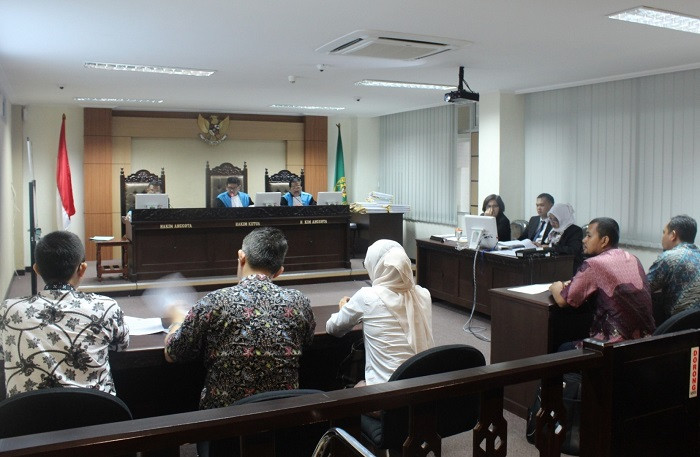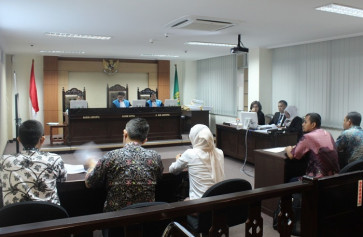Popular Reads
Top Results
Can't find what you're looking for?
View all search resultsPopular Reads
Top Results
Can't find what you're looking for?
View all search resultsWhy Indonesian Tax Court reform matters to ASEAN integration
The Indonesian government should prioritize the Tax Court reform on the agenda of its ASEAN chairmanship since the court could be a role model for the national courts of other ASEAN member states.
Change text size
Gift Premium Articles
to Anyone
T
he Constitutional Court ruled under a May 25 decision regarding the reform of the Tax Court that “the organizational development, administration and financing of the Tax Court are carried out by the Supreme Court. The decree will be implemented in stages no later than December 31, 2026.”
Based on Law No. 14/2002 on Tax Court, the subject of the Constitutional Court’s judicial review, the authority to implement those three functions rests with the Finance Ministry.
The Constitutional Court ruling put an end to a long-standing debate over the position of the Tax Court, which has one leg under the Finance Ministry and the other at the Supreme Court. While the Finance Ministry is responsible for the Tax Court's organizational development, administration and financing, the appeal/cassation process against the Tax Court’s decision is entrusted to the Supreme Court.
Under the 2002 law the Tax Court does not act as a complete judicial institution. However, with the Constitutional Court's decision, it is hoped that by Dec. 31, 2026, the Tax Court will transform into an absolute and complete judicial institution like other types of courts within the framework of the rule of law. The reform will also give the Tax Court independence vis-à-vis the Finance Ministry.
So far, the role of the Tax Court has been significant in correcting the decision of the director general of Customs and Excise in setting tariffs. It becomes more critical since, currently, the Customs and Excise Directorate General is being exposed to allegations of corruption.
As part of the investigation into the alleged graft practices, the Attorney General's Office on May 28 searched the office of the director general of Customs and Excise.
Moreover, the reform of the Tax Court is much awaited not only by Indonesia but also ASEAN. In the last decade, the Tax Court has significantly contributed to ensuring that many ASEAN agreements, especially related to trade, can be enforced.



















